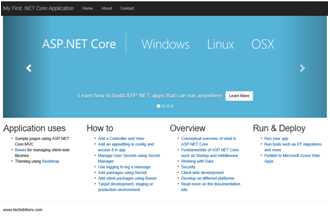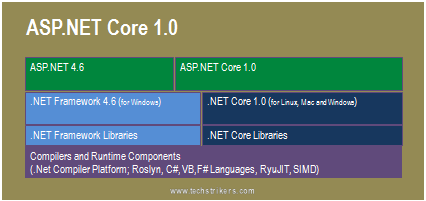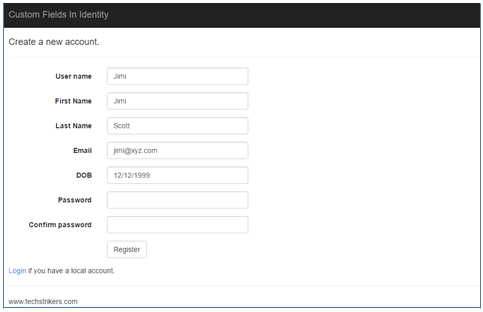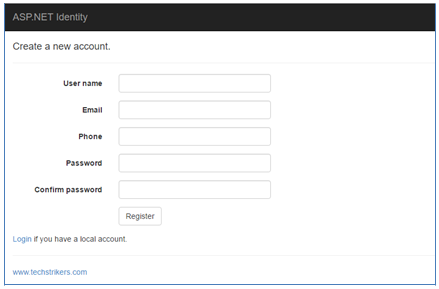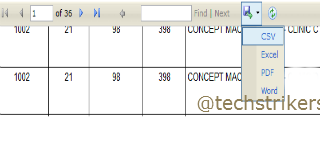Variables in C Language
Variables are fundamental elements in programming languages that store and manipulate data. In the C language, variables provide a way to store and access values during the execution of a program. In this tutorial, we will explore variables in C, their types, declaration, assignment, and usage, providing a fragile-free introduction to this essential concept.
What are Variables in C
In C, a variable is a named storage location in memory that can hold a value of a specific data type. Each variable has a unique identifier, called its name, which is used to access and manipulate its contents.
Variables in C are used to store values that can be manipulated or used in various ways throughout the program. Before using a variable in C, it must be declared. The declaration of a variable in C is done by specifying its data type and identifier.
Rules for Defining Variables
Here are some general rules to keep in mind when declaring variables in C:
- Variable names must begin with a letter or underscore, and can be followed by any combination of letters, underscores, and digits.
- Variable names must not be a keyword or reserved word in C.
- Variable names are case sensitive, meaning "MyVariable" and "myvariable" are two different variable names.
- Variables must be declared before they can be used in a program.
- Each variable must have a unique name within its scope.
Variable Declaration
Syntax for declaring variables in C:
Here, data_type is the type of data the variable will hold (such as int, float, or char), and variable_name is the name given to the variable.
Example: Valid variable names:
Example: Invalid variable names:
In this example, we have declared three variables: age of type int, weight of type float, and first_initial of type char.
Output:
There is no output generated by the variable declaration itself. The output is generated when the variable is used later in the program.
Explanation: Declaring a variable reserves a block of memory to store the value assigned to that variable. The data type determines the amount of memory required to store the variable. For example, an int variable requires 4 bytes of memory, while a char variable requires only 1 byte.
Let's declare some variables of different data types:
Output:
The above code will not produce any output since it is only declaring variables and not initializing them.
Explanation: In the above example, we have declared three variables named "age," "height," and "grade." We have used three different data types: int, float, and char.
The "int" data type is used to store integer values. The variable "age" is declared as an integer.
The "float" data type is used to store floating-point values. The variable "height" is declared as a floating-point value.
The "char" data type is used to store a single character. The variable "grade" is declared as a character.
Variable Initialization
We can also initialize the variables during the declaration as follows:
Output:
The output for the above code can be displayed using the printf() function as follows:
Output:
Explanation: In the above example, we have initialized the variables during the declaration. The integer variable "age" is initialized with the value 20, the floating-point variable "height" is initialized with the value 5.8, and the character variable "grade" is initialized with the value 'A'.
We have used the printf() function to display the values of these variables. The %d, %f, and %c are format specifiers used to display integer, floating-point, and character values, respectively.
Variable Assignment
Once a variable is declared and initialized, you can assign new values to it during the program's execution. For example, to change the value of the "age" variable to 30, you can write: age = 30;. The assignment operator = is used to assign a new value to the variable.
Variable Types
C provides various data types to store different kinds of values. The commonly used types include integers (int), floating-point numbers (float, double), characters (char), and Booleans (bool). Each data type has a specific range and memory size, which determines the values it can store.
Variable Scope
Variables in C have a scope, which defines where they can be accessed. The scope can be global or local. Global variables are declared outside any function and can be accessed from any part of the program. Local variables are declared within a function and are only accessible within that function.
Variables are essential components in the C language that enable programmers to store and manipulate data during program execution. By understanding variable declaration, initialization, assignment, types, scope, and naming rules, you can effectively use variables to store and manipulate data according to your program's requirements. Practicing and experimenting with variables will deepen your understanding and improve your programming skills in C.
